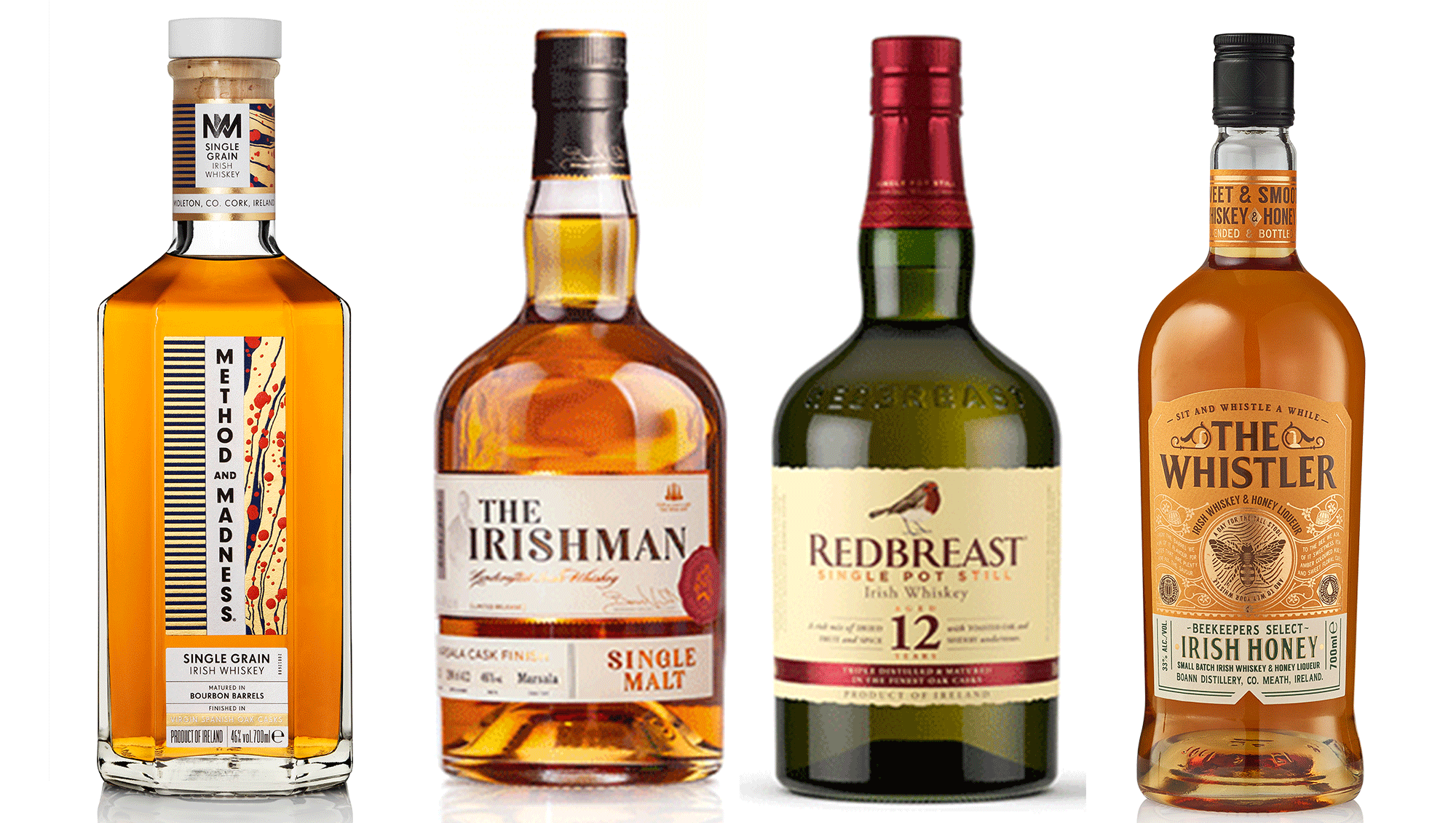age of whiskey refers to the time frame that the distilled spirit spends maturing in picket barrels before being bottled. During this getting older process, the whiskey interacts with the wooden, gaining flavors, aromas, and color. The age assertion on a whiskey label indicates the youngest whiskey in the bottle, that means that if a bottle has an age statement of "10 years," it incorporates whiskey that has been aged for a minimum of 10 years.

Here are some key factors about whiskey age:
Importance of Aging: Aging is a critical aspect of whiskey production. It permits the spirit to mellow, develop complexity, and absorb characteristics from the picket barrel. The growing older process is influenced by components similar to the type of wood used, the dimensions of the barrel, and the environmental situations of the aging warehouse.
Types of Aging Barrels: Whiskey is usually aged in oak barrels, and the kind of oak can influence the final product. Common kinds of oak used include American white oak and European oak. Bourbon is usually aged in new charred oak barrels, while Scotch whisky could additionally be aged in used barrels, typically sherry casks or bourbon barrels.
No Age Statement (NAS): Some whiskies, significantly lately, could not carry an age statement. This can be intentional on the a half of the distiller, who could choose to not highlight a selected age. Instead, https://whiskeycanvas.com/ might concentrate on the flavour profile achieved via numerous aging strategies, cask types, and mixing.
Single Barrel vs. Blended: Single barrel whiskies come from a single cask and are often labeled with an actual age. Blended whiskies, then again, are a mixture of whiskies from completely different barrels and may carry an age assertion that displays the youngest whiskey in the blend.
Youthful vs. Aged Whiskeys: While longer getting older typically imparts extra complicated flavors, it doesn't essentially imply that older whiskies are all the time better. Some whiskies are deliberately crafted to be enjoyed at a younger age, highlighting specific characteristics of the spirit and the cask.
Legal Requirements: Different countries have various rules relating to age statements. For instance, Scotch whisky rules specify that the age assertion must characterize the youngest whisky in the bottle, whereas bourbon have to be aged in new charred oak barrels, with no minimal growing older requirement.
It's necessary for customers to know that age is simply one issue influencing the flavour of whiskey. Personal preferences vary, and some could appreciate the vibrancy of younger expressions, whereas others enjoy the depth and complexity that comes with prolonged growing older. Exploring a selection of whiskies with completely different age statements can supply a better understanding of particular person preferences..
